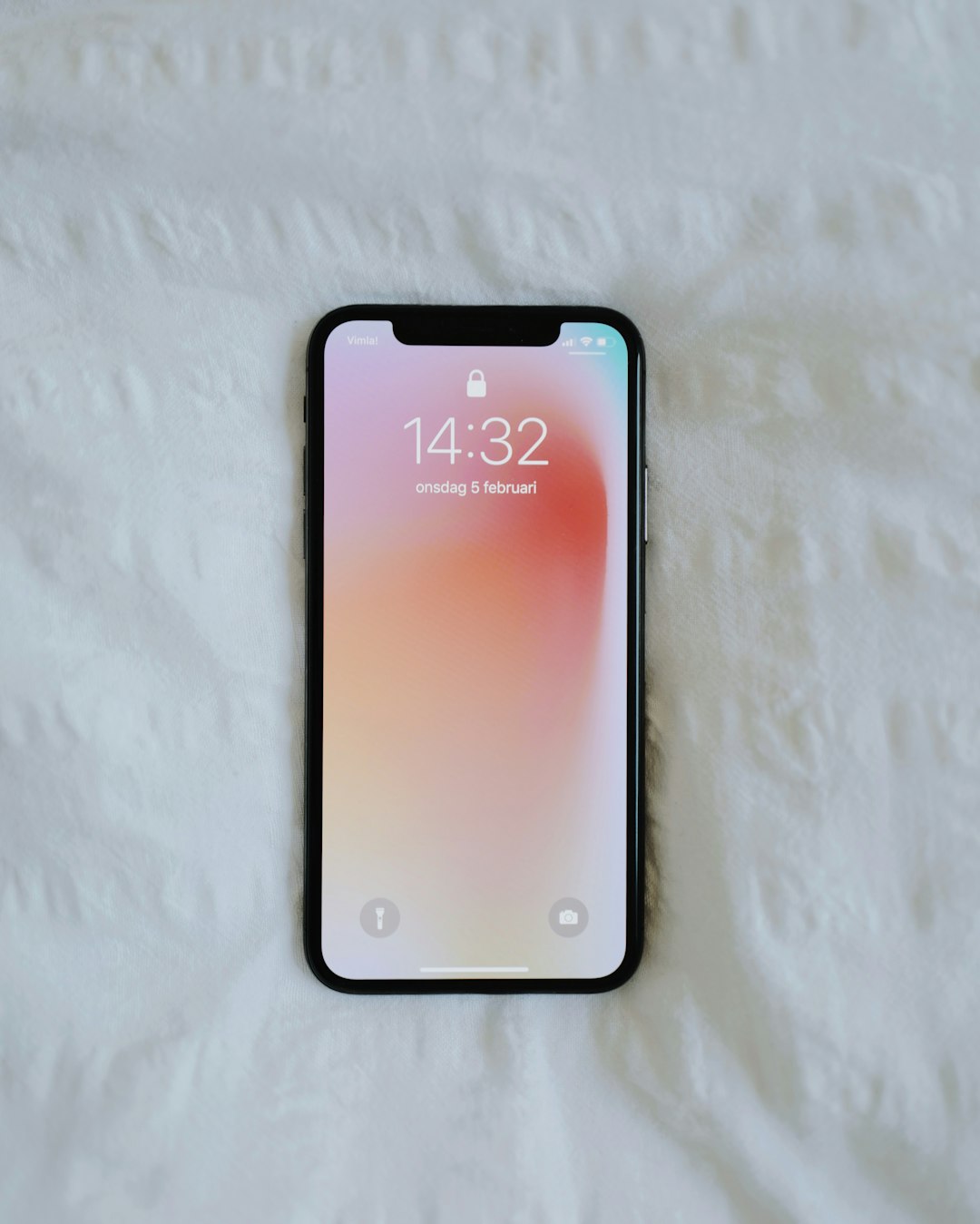In Connecticut, "Do Not Call" laws protect residents from most telemarketing calls, except for political campaigns due to legal exemptions. A Do Not Call Lawyer Connecticut helps organizations comply with these regulations and respects individual privacy rights. Consumers can prevent unwanted calls by understanding their rights and implementing do-not-call measures, reducing the need for legal assistance. If political calls persist despite listing on national "do not call" lists, a lawyer can navigate campaign finance laws, remove numbers from lists, or file complaints.
In Connecticut, understanding the state’s strict Do Not Call laws is crucial for residents seeking peace at home. While these regulations protect consumers from unsolicited sales calls, a notable exemption exists for political organizations and campaigns. This article delves into the legal framework surrounding political calls, clarifying their unique position under Connecticut’s Do Not Call laws. If you’re a resident of Connecticut considering hiring a Do Not Call Lawyer to navigate these regulations, this guide offers valuable insights on political call exemptions and how to manage unwanted political contact.
Understanding Do Not Call Laws in Connecticut

In Connecticut, like many states across the US, Do Not Call laws are in place to protect residents from unwanted telemarketing calls. These laws restrict businesses and organizations from making phone calls to individuals who have registered on the state’s “Do Not Call” list. However, there are certain exceptions to these regulations, including political calls.
Political campaigns enjoy a unique exemption from Do Not Call restrictions, allowing them to reach out to potential voters directly. This is seen as crucial for fostering democratic engagement, ensuring that citizens remain informed about their political options. A call from a candidate or political party can be a powerful tool in shaping public opinion and mobilizing voter participation, especially during election seasons. Therefore, if you’re on the Do Not Call list in Connecticut but receive political calls, this is due to the specific legal provisions governing political campaigns. For more tailored advice regarding your rights and options, consulting with a Do Not Call Lawyer Connecticut can be beneficial.
Political Calls and Their Legal Exemption

Political calls, made by campaigns and political organizations, are exempt from the restrictions imposed by the National Do Not Call Registry in the United States. This legal exemption allows politicians and their teams to reach out to potential voters directly, which is crucial for engaging citizens during election cycles.
In Connecticut, as with many other states, this exemption is well-defined within the law, ensuring fair practices. A Do Not Call Lawyer in Connecticut can provide guidance on navigating these regulations, especially when political organizations want to ensure they respect individual privacy while effectively conducting their campaigns.
Who Qualifies for This Exemption?

How to Handle Unwanted Political Contact

If you’re receiving unwanted political calls, it’s important to know your rights and options. While political organizations are exempt from certain do-not-call restrictions, that doesn’t mean you have to tolerate relentless campaigns phone calls. The first step is to assess if you’ve registered on any national “do not call” lists, such as the one maintained by the Federal Trade Commission (FTC). If you have, political organizations typically respect these requests and won’t call you again.
If you still receive unwanted calls, consider reaching out to a Do Not Call Lawyer Connecticut. Legal experts can help navigate the complexities of campaign finance laws and advise on the best course of action. This might include requesting that your number be removed from their calling lists or even filing a complaint with relevant authorities if the calls persist. Remember, knowing your rights is the first step towards reclaiming control over your phone lines.






